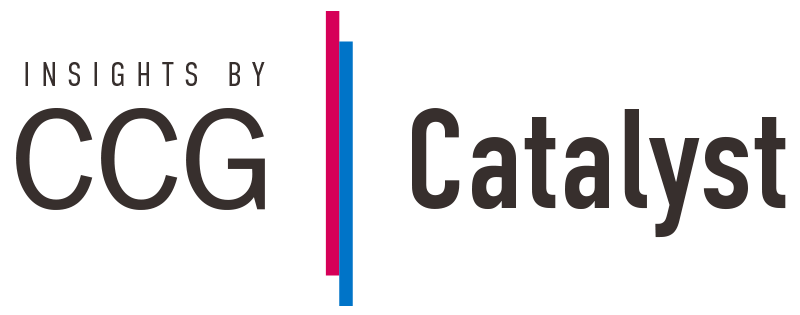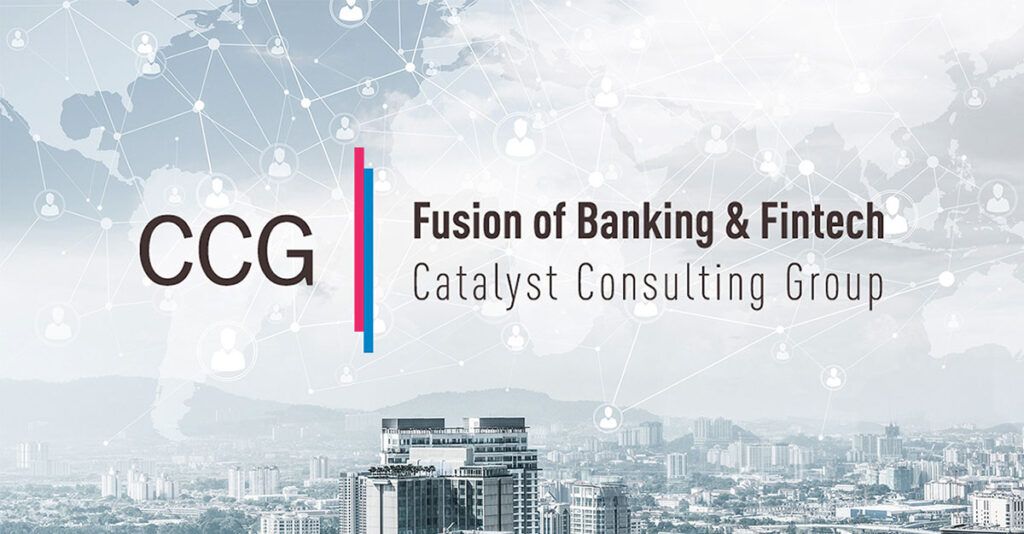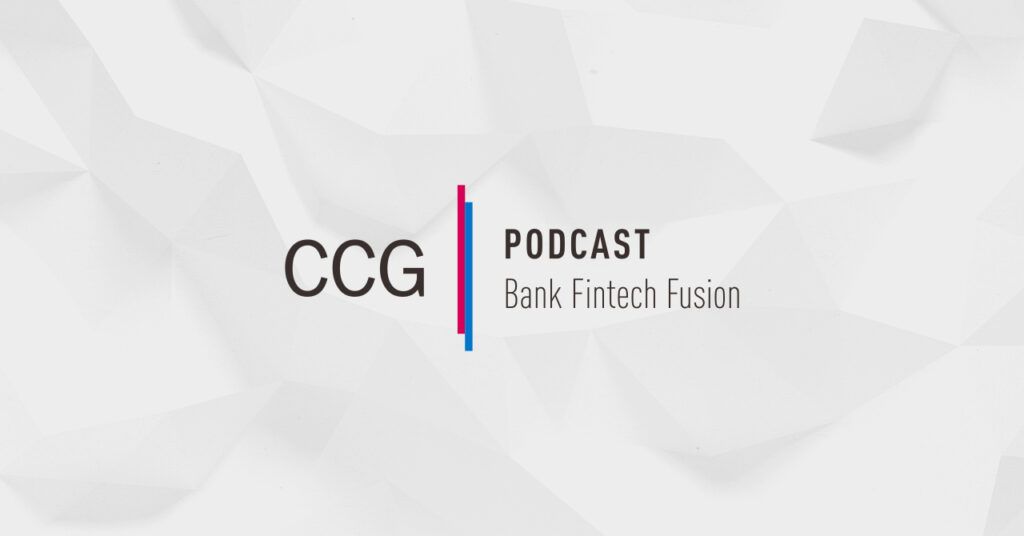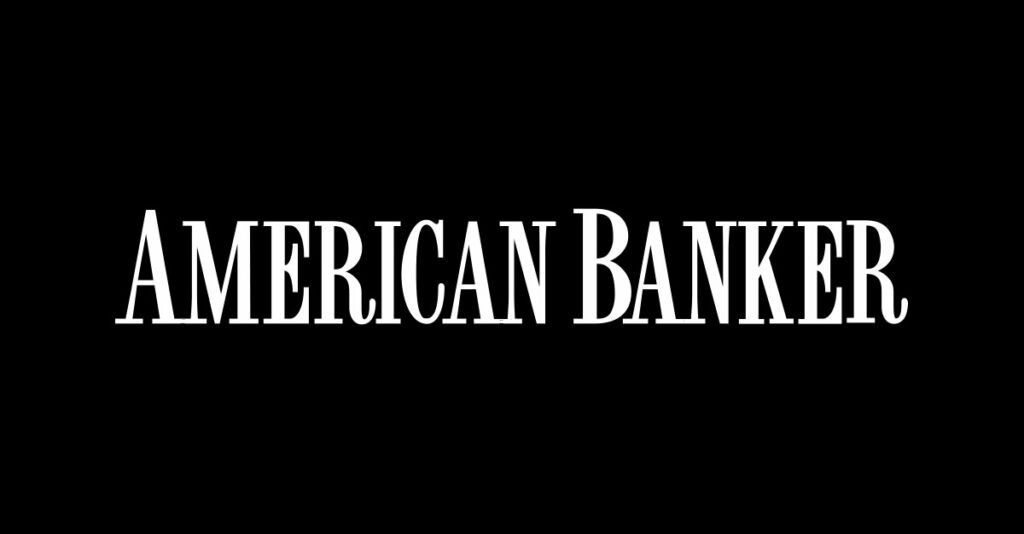Is Banking More Than Technology?
The growing importance of fintech as well as large technology companies threatening to enter financial services and the existential threat these pose for banking has brought on a somewhat philosophical conversation in the financial services community recently — What, actually, is a bank?
The book Banking: A Very Short Introduction has this as its opening sentence: “A bank is an institution that accepts deposits from savers, extends loans to borrowers, and provides a range of other financial services to its customers.”
There is a lot of ambiguity in that latter phrase, and even nonbanks are now accepting deposits and extending loans. What do we actually mean when we say that some company or other “wants to be a bank?” In most jurisdictions, licenses are required to perform fundamental banking activities such as holding deposits or moving money, but we are starting to see companies that do this, or are perceived by customers as doing this, without much lighter licensing and regulation. Partially based on these fintech or payments companies, a strain of argument is emerging that “banking” is simply a certain kind of technology that involves money.
Lou Grilli, AVP of Trellance, a company that emerged from the CUSO of CSCU with the mission to “help credit unions grow and compete,” has stirred up some debate by declaring that the business of banking is dead. Leave aside the obvious criticism that someone in the credit union space might have something to gain by saying this. Grilli writes,
“Using a mobile device to enter a paper check into the banking system (i.e. remote deposit capture) is not about banking, it’s about technology. Deciding to issue a credit card and determining the revolving rate based on the risk level of the potential cardholder is not banking. There is no longer a person making those decisions. It is technology. If a person gets involved it is to overrule the technology (usually a mistake to do so).”
He makes several recommendations. The first is to accept that you are a technology company This is something CEOs of large banks already say at every opportunity. Second, automate everything. This doesn’t mean people aren’t needed — “It takes people to monitor for anything that ‘falls out’ of the automated process, handle it, and figure out how to change the process so it doesn’t happen again.”
Third, have a merger plan ready in case your business model is inadequate. Fourth, move everything to the cloud. With the recent breach of Capital One, one of the most cloud-centric and tech-savvy banks, we’ll table this recommendation for now. And fifth, use data analytics to make decisions.
In short, start acing more like a fintech.
Grilli ends with this warning: “Technology has become cost-effective for all but the smallest financial institutions. Those that can’t incorporate technology, or can but refuse to, won’t be around to see what banking looks like in the future.”
Technology companies are already behaving like banks. Customers are storing money everywhere from HSAs to their PayPal or Starbucks app. Those funds are ultimately held at banks because the deposits are insured. Yet customers continue to pile money into Acorns or Robinhood, not knowing exactly how those funds are secured or what recourse they would have if the companies suddenly disappeared. This is doubly the case with crypto companies. Explicitly or not, customers are comforted by the idea that banks are covered by the government or central bank in case things go wrong.
As what is arguably the longest run of economic growth in history comes to an end, consumers are about to see how the nonbank financial system reacts, and how their investments are affected.
Chris Skinner argued recently that banks (and actually all businesses) need to be about more than returning value to shareholders, or put another way, they need to be about more than making money:
“You see, you will not attract the most talented developers and the most profitable customers if you only focus upon shareholder return and quarterly results. The bonus pool will have no bonus if you think that way. Equally, you may run a pension fund but if there’s no-one left to pay a pension to in the future, what’s the point of your fund? If we’ve destroyed the planet, you have no point.”
Younger people, who will increasingly make up a bank’s customers and employees, including the developers of its technology, want to work for and with companies that have a mission. Skinner cites several examples, including Bank of America, which is making modest investments in environmental initiatives. Banks are also beginning to reward employees using digital KPIs rather than just traditional measures.
Many banks have called themselves technology companies in the past, most notably Capital One, but consumer confidence in tech companies is low, given privacy breaches and accidental and deliberate misuse of customer data. In a 2018 survey of 47,000 social media users, 62% said they were “wary or scared” of Facebook’s impact. 63% said they would never pay for Facebook, and if you’re getting something for free, you are the product.
More than technology companies with vague goals for social good, which is the mantra of every Silicon Valley startup, banks can rebrand as trusted advisors, aligned with customer needs and values. Few customers believe Facebook has their best interest at heart. Banks’ trust, stability and experience count more than ever in this era of uncertainty. With judicious inputs from fintech innovators, banks can still own space on users’ smartphone screens for a long time to come.
Subscribe to CCG Insights.







